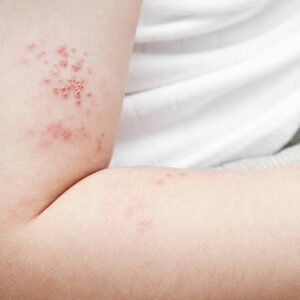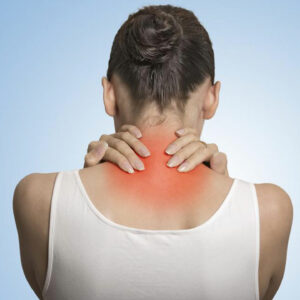
01
Here’s What Causes Chronic Diarrhea
Diarrhea, an illness that leads to frequent watery stools, is a common healthcare concern in most developing countries, and even elsewhere. Almost everyone goes through some form of diarrhea at some point in their lives. Diarrhea is one of those conditions where the intensity of the illness makes the difference. While mild diarrhea may cause mere inconvenience, chronic diarrhea causes disabling and life-threatening conditions. Usually, diarrhea can majorly be characterized by loose stools, dehydration, cramping, and the like. Diarrhea becomes a major concern when it leads to dehydration and reduction of essential fluids in the body. While a minor case of diarrhea generally lasts for a few days, acute diarrhea gets cured in a couple of weeks. Chronic diarrhea, however, is the one that usually lasts for more than four weeks. Such a condition usually requires complete diagnosis and treatment. Several reasons can cause chronic diarrhea. While diarrhea that is caused by an excess of a certain food item can be easily treated, chronic diarrhea that may have stemmed out of a disease or a serious medical condition requires extensive treatment and care. Some of the common chronic diarrhea causes have been listed below. Infections Infection is one of the most common chronic diarrhea causes that requires immediate treatment. Chronic diarrhea can also be a result of the presence of an intestinal parasite or infection. An infection can be contracted from contaminated food and water, undercooked food, and the like. Often, food poisoning also causes chronic diarrhea that may also cause you to have the runs. People who are frequent travelers to tropical countries may have recurrent bouts of diarrhea. Irritable bowel syndrome (IBS) IBS is another common cause of chronic diarrhea which is accompanied by cramping and bloating. While most doctors cannot entirely diagnose the real cause of IBS, it is often caused by imbalances in gut bacteria, alterations in the gut motility, issues with fermented sugar, etc.
Read More 










